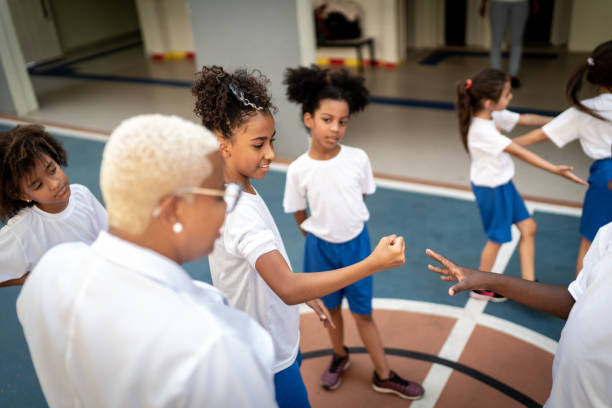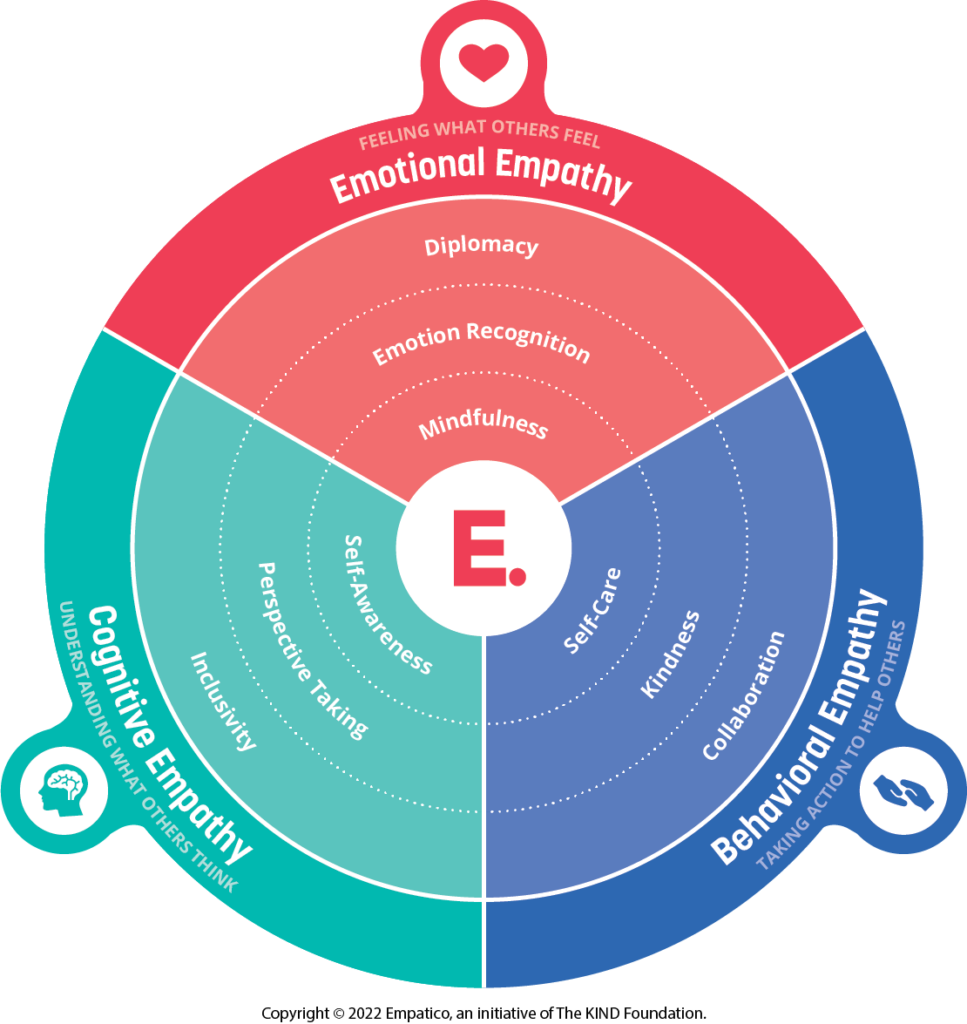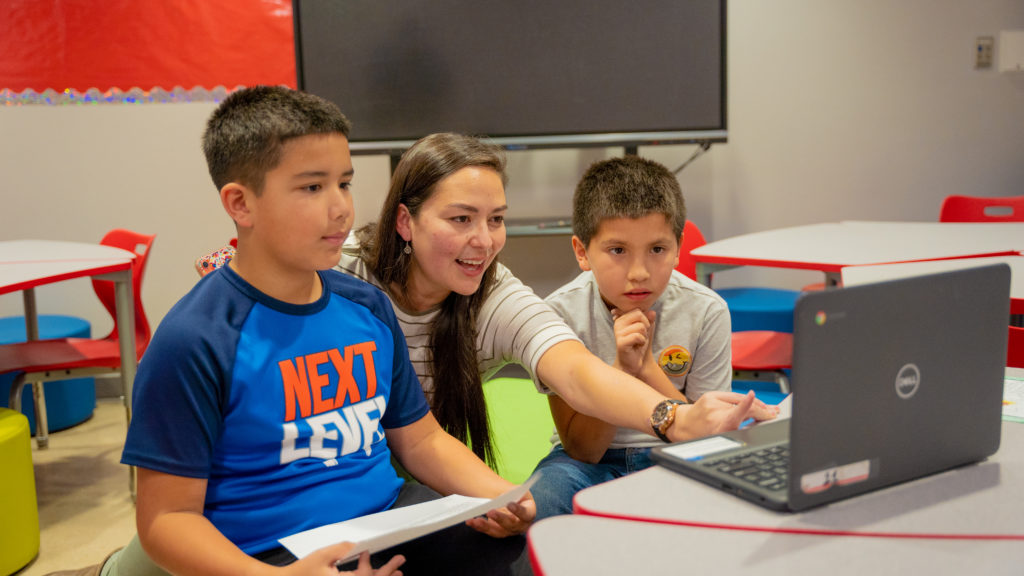A commitment to developing an inclusive classroom takes more than a single day of curriculum. To build inclusive empathy-related skills, you and your students should make a practice of daily bite-sized activities during short classroom breaks or more involved activities weekly or monthly when you have more time during the day that build the skills that develop inclusive classroom practices!
Below, you will find some suggestions from Empatico’s empathy building library that will lead to positive outcomes around student motivation, self-efficacy, developing inclusive classroom practices. If you want to see more, check out our full library for over 100 activities that develop social, emotional and empathetic learning in the classroom.
Rock, Paper, Scissors, Cheer! – A Game for Inclusivity:

Join in on our “Rock, Paper, Scissors, Cheer!” activity. This game is a fantastic tool for developing inclusive classroom practices. It’s all about teamwork and kindness, essential elements for an inclusive learning environment. Students will experience a fun twist on the classic game, learning about positive sportsmanship and mutual support. The activity also includes a reflective component, encouraging students to think about how kindness and empathy are integral to developing inclusive classroom practices.
Sharing and Learning in an Inclusive Environment:

Your stories of kindness in the classroom are always inspiring. Sharing these experiences is a wonderful way to learn from each other. Our virtual exchange program, featuring the “Helping Hands” activity, is a perfect opportunity for this. It allows students to experience the value of connectivity by connecting with peers from different parts of the world, sharing and learning about various ways to practice kindness and support one another.
Understanding the Role of Empathy in Developing Inclusive Classroom Practices

At Empatico, we view empathy as a skillset that can be categorized into nine distinct areas, drawing from research in education, psychology, sociology, conflict resolution, and communication. To articulate our comprehensive approach to fostering lifelong empathetic skills, the Empatico team created the Empathy Framework. This framework outlines three key domains of empathy: emotional, cognitive, and behavioral. Additionally, it highlights three levels of empathy application: towards oneself, one’s community, and those outside the immediate community.
To discover more about utilizing the Empathy Framework to assist students in practicing kindness and inclusivity towards themselves and others, or to receive a weekly newsletter filled with more empathy-building activities, join us at Empatico.org.
By signing up for a free Empatico account, you gain complete access to our library of research-based classroom and virtual exchange activities. Furthermore, you’ll also join a community of educators dedicated to creating a more empathetic and inclusive future.



